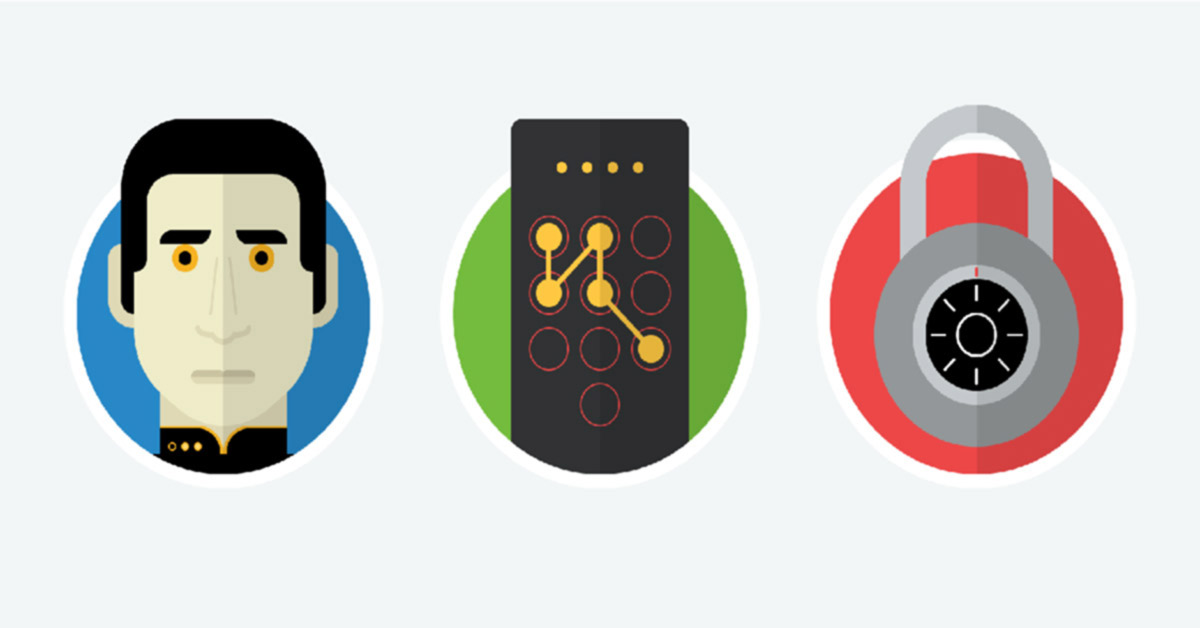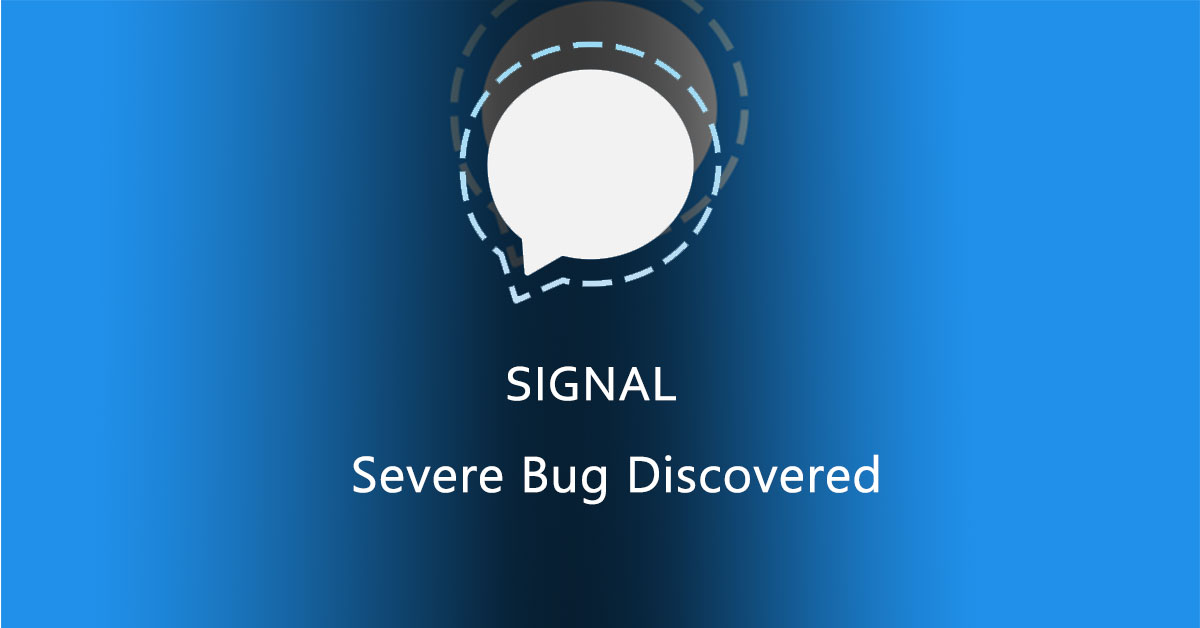7 Safety Tips From Hackers
It's easy to get hacked. And yes, it can happen to you. Follow this advice from actual hackers, and you'll be a lot safer online. 1. Turn off your phone's Wi-Fi and Bluetooth Hackers are religious about this. Keeping these features "on" all the time makes it easy for strangers to slip into your phone. The problem? If you keep Wi-Fi and Bluetooth active, hackers can see...
Read More












